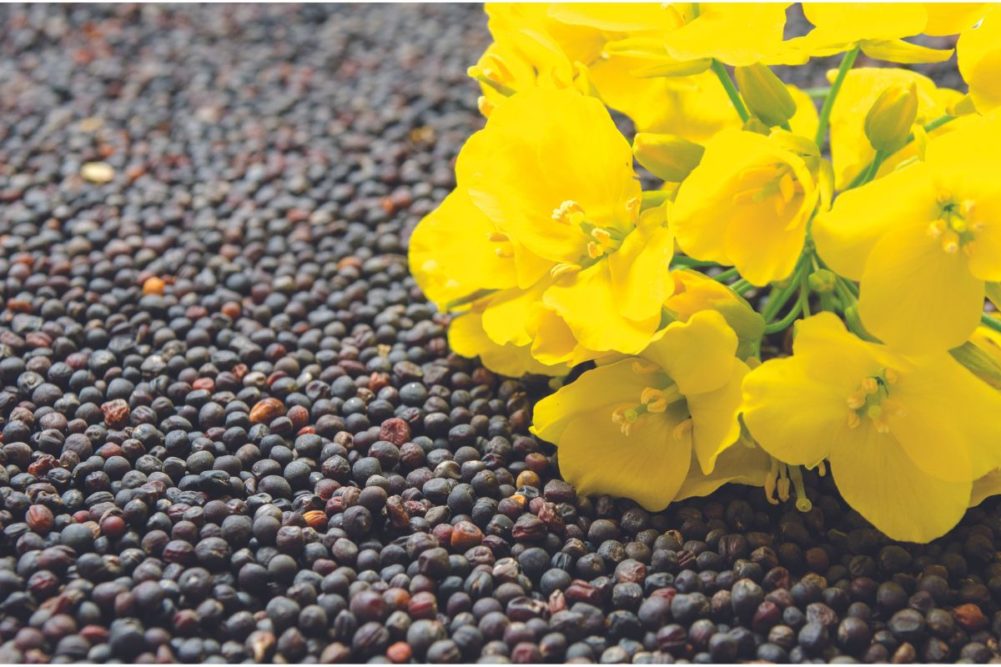SOFIA, BULGARIA — Bulgaria became a net importer of rapeseed in the 2023-24 marketing year with growing trade driven by expanding domestic crush capacities, according to a report from the Foreign Agricultural Service (FAS) of the US Department of Agriculture.
Rapeseed imports reached 182,000 tonnes, a 90% increase over the previous year’s total, the report noted, with most of the imports coming from Ukraine and Moldova.
“Improved domestic demand was recorded by authorities with crush reaching 197,000 tonnes in 2023-24, 134% higher than in the corresponding period in 2022-23,” the FAS said. “As a result, trade in processed products has accelerated. Exports of rapeseed oil in the first three quarters of 2023-24 reached 20,000 tonnes, a growth of 82% compared to the same period in 2022-23.”
Meanwhile, exports of rapeseed meal skyrocketed by 430% to 103,000 tonnes versus 19,000 the year before, the FAS said.
The agency forecasts a 4% drop in Bulgaria’s rapeseed production in 2024-25 to about 200,000 tonnes due to a combination of reduced harvested area and unfavorable weather.
Sunflower seed production declined by 16% in 2023-24 to 1.78 million tonnes. However, despite the drought-plagued crop and limited imports, Bulgaria increased its sunflower crush by reducing sunflower seed exports, the FAS said.
“This allowed Bulgaria to keep its position as the top European Union exporter of sunflower oil, mainly to South Africa and Egypt, and second-leading exporter of sunflower meal, mainly to China,” it said.





